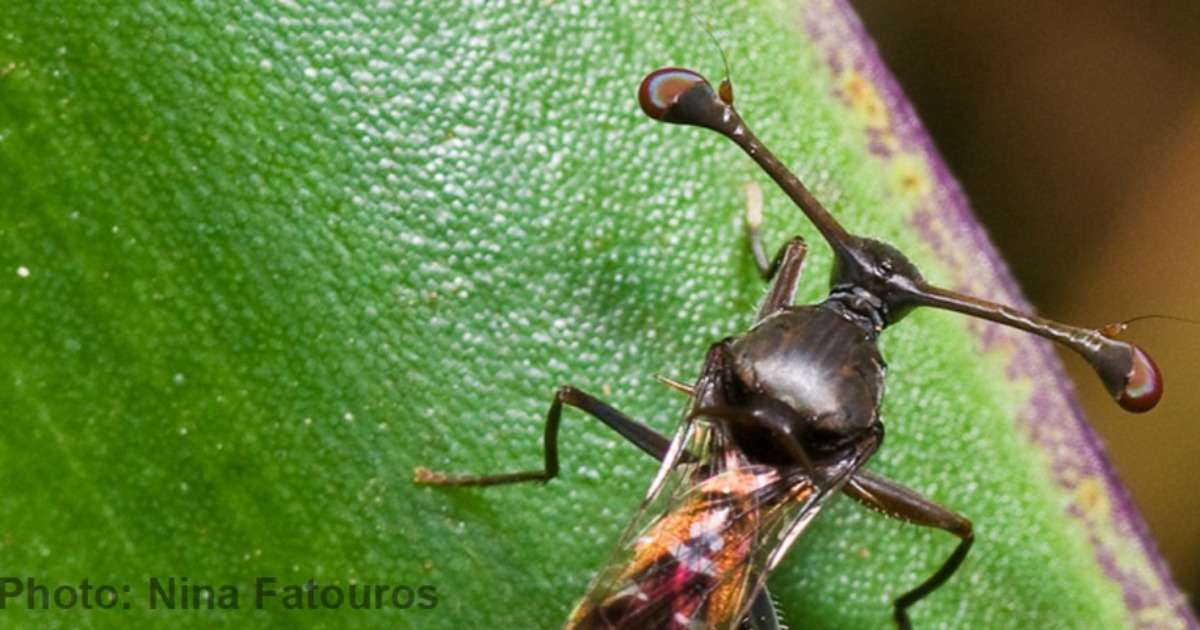
Bigger is not always better: hypothesis testing in sexual evolution
Sexual selection can lead to fascinating phenomena. We are all familiar with the fabulous color display of male peacocks to attract females. Less well known, but definitely not less interesting, are stalk-eyed flies.
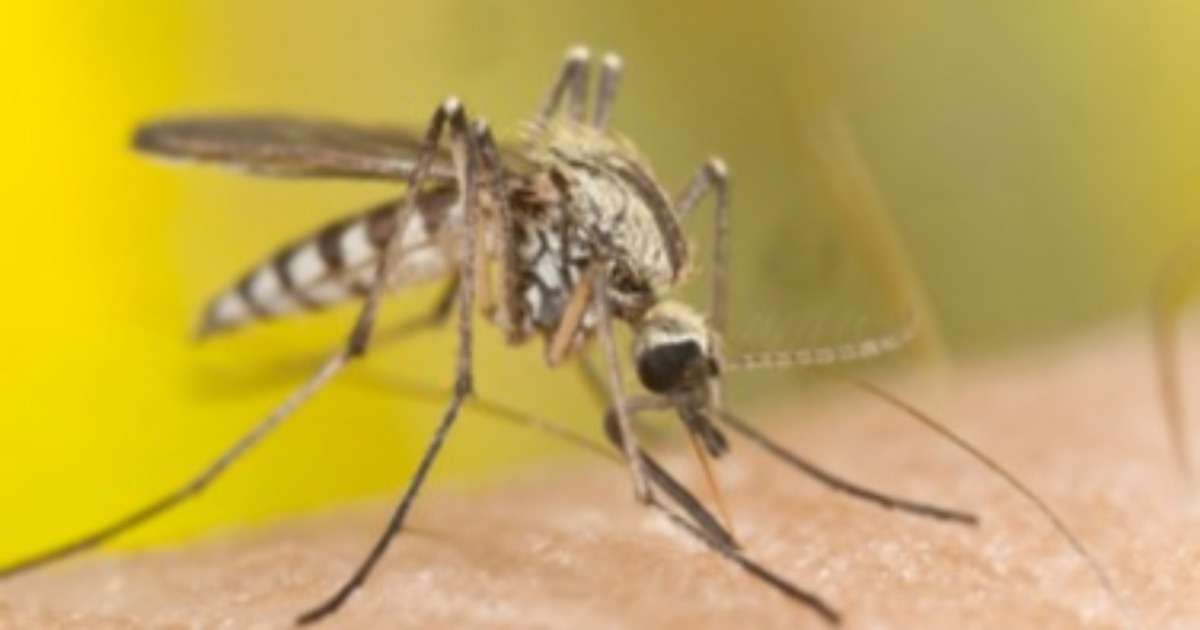
A new approach in the battle against malaria
Bed nets treated with insecticide (ITNs) greatly decrease malaria illness and mortality. ITNs can decrease infant mortality from all causes by more than 20%.
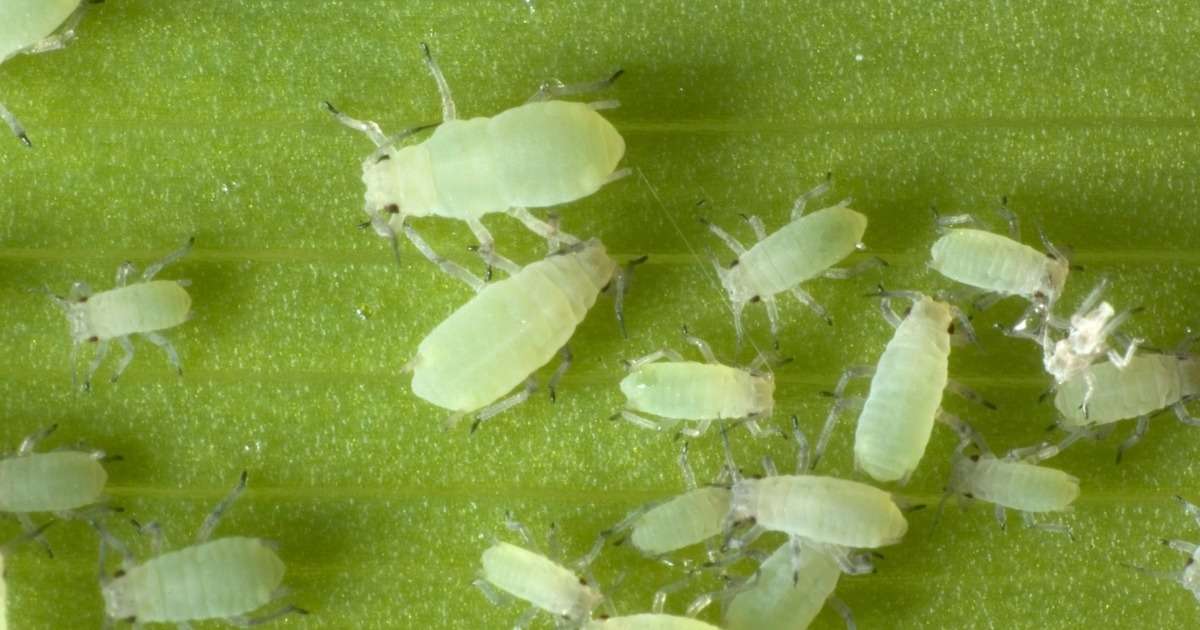
How you can efficiently screen for plant resistance to aphids
Aphids are small insects that pierce plant leaves and suck out their contents. Although they inflict limited physical destruction to the plant, aphids commonly infect plants with viruses, which can destroy complete harvests.
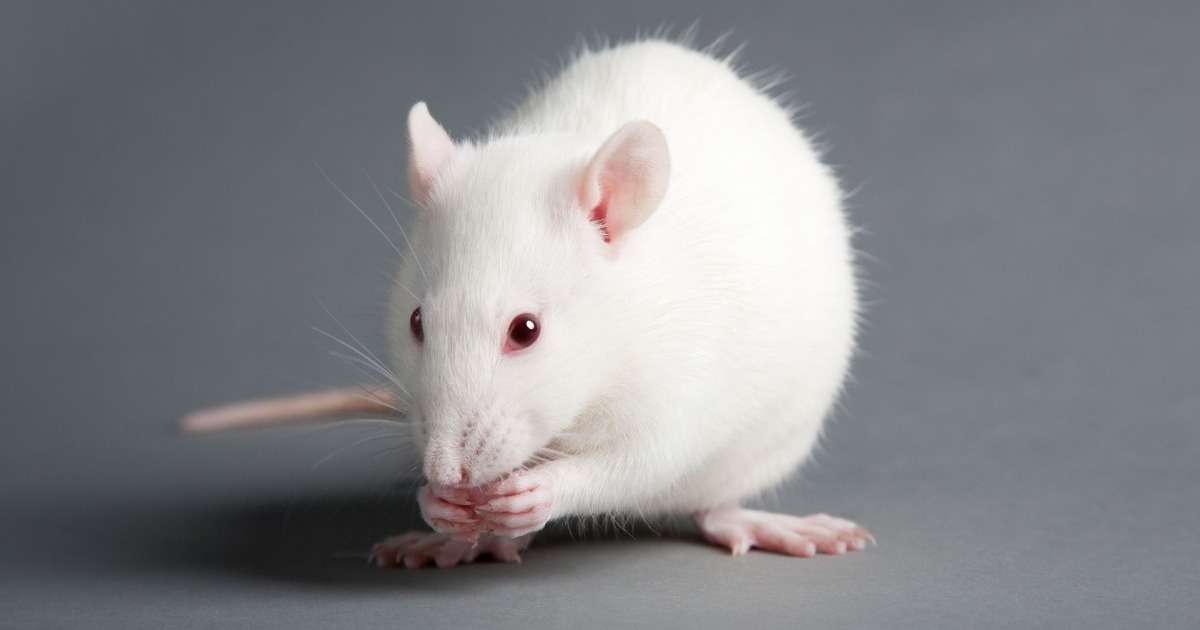
Zinc deficiency, depression and electrical signals in the brain
Depression has a dramatic effect on quality of life because it results in a persistent low mood that is accompanied by a low self-esteem and a loss of interest in things that give pleasure.
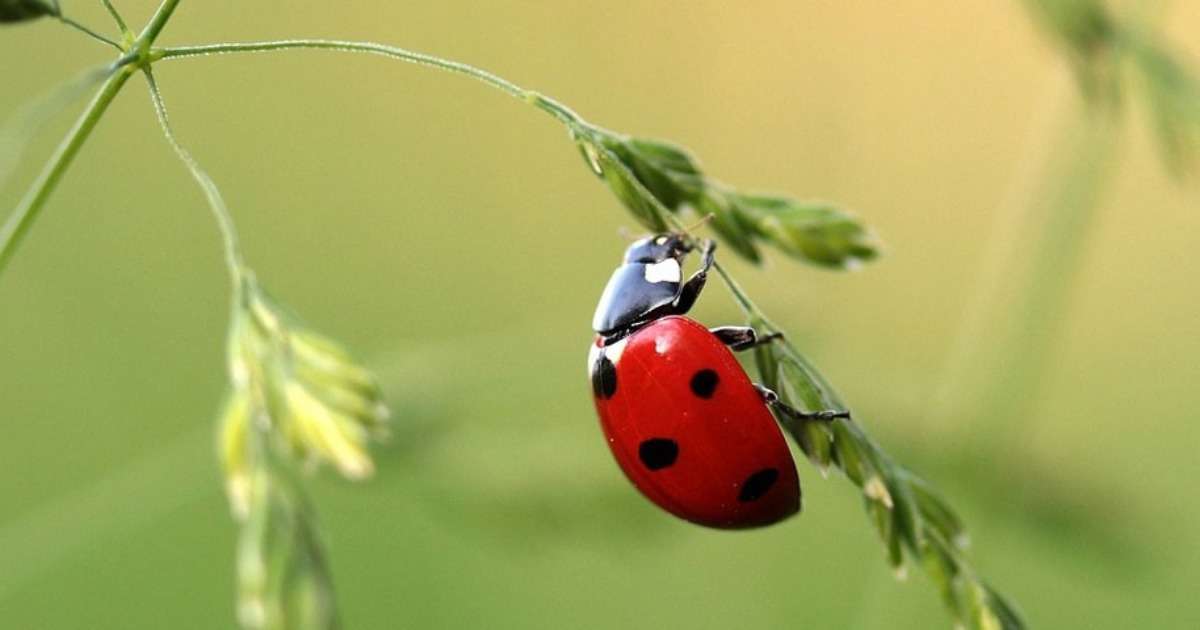
Ladybugs and lacewings do not spy on their prey’s alarm pheromone
Leaf sucking creatures like plant aphids are common and can cause considerable damage to plants. Therefore, quite a lot of effort is made to control these tiny creatures.
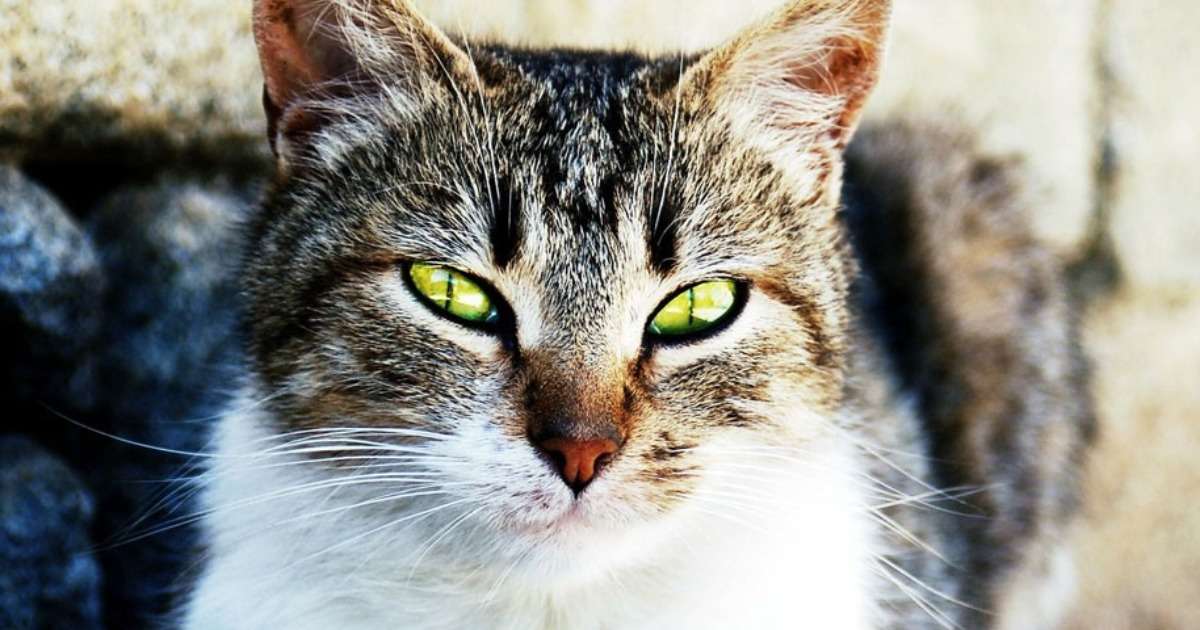
Picky cats and tasty food – sniffing is an indicator for tastiness
Cats can be extremely picky when it comes to food. If the cat doesn’t like it, it will refuse to eat. Reason enough for the pet food industry to try to find out what cats really like.
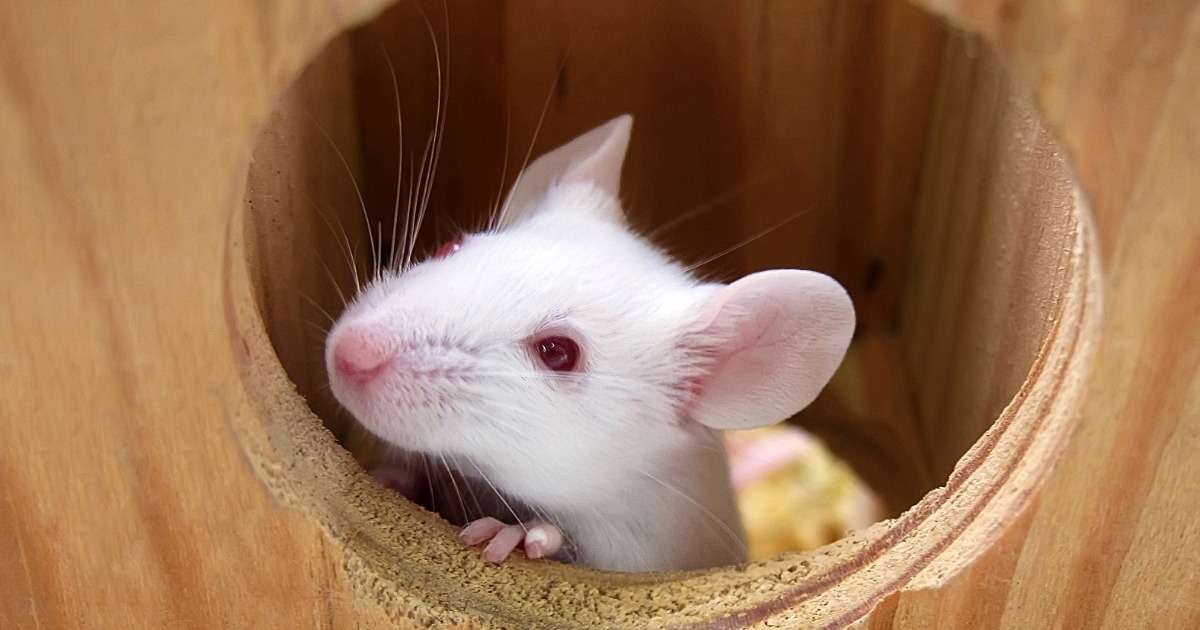
A high-throughput method to screen natural behavior of mice
Traditional standard tests with rats or mice are carried out immediately after human interference. Therefore, the behavior of the animals may not be natural and spontaneous.

Anxiety is ancient – how crayfish resemble vertebrates
Fear is something we all know. It changes our behavior: we freeze, try to escape, or respond with aggression. Fear can also cause anxiety, which is a more complex phenomenon.
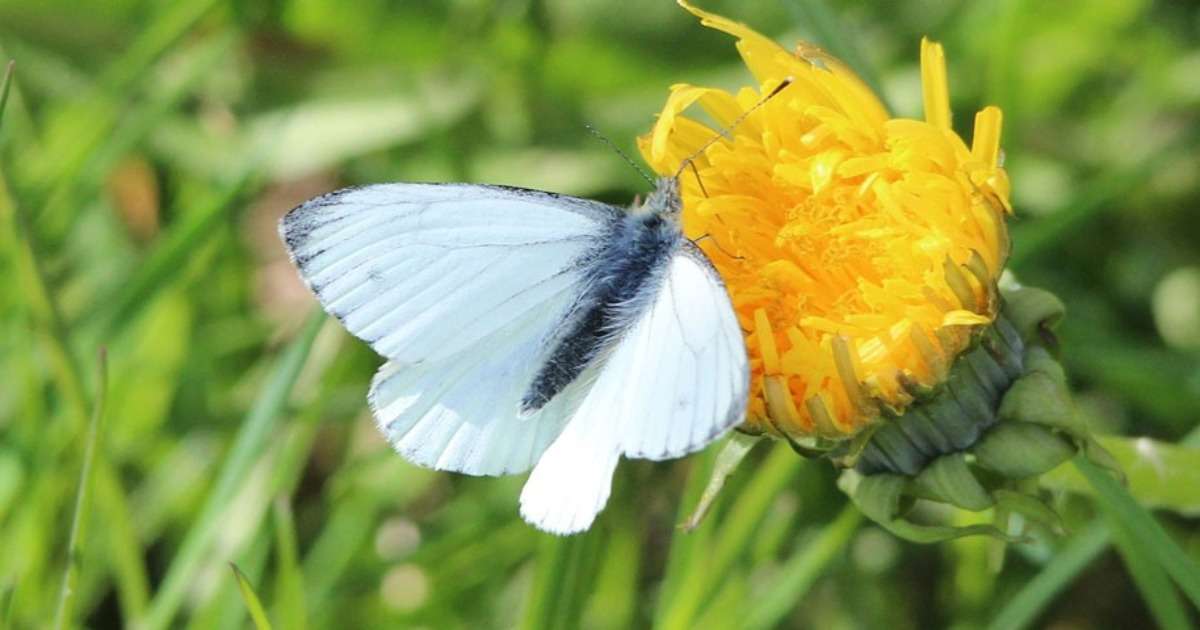
Insect damage on leaves changes the reproductive strategy of plants
We all know that the majority of plant species depends on pollinators, like bees and syrphid flies, for reproduction. What most of us do not know is that this process is far more complex than it looks at first sight.

Measuring behavioral effects of laboratory rearing on starlings
Rearing animals specifically for behavioral research is a very common practice. However, the results from behavioral studies with laboratory animals should be interpreted with care.
